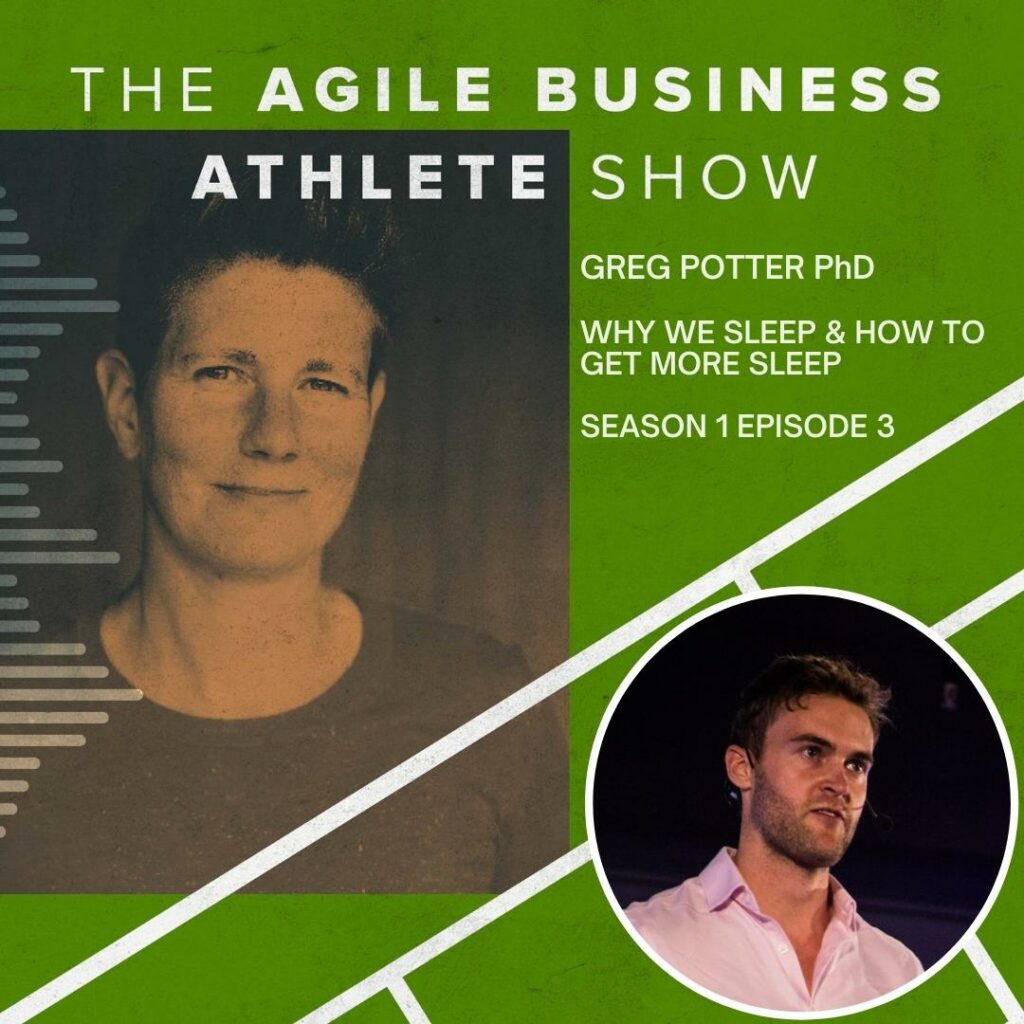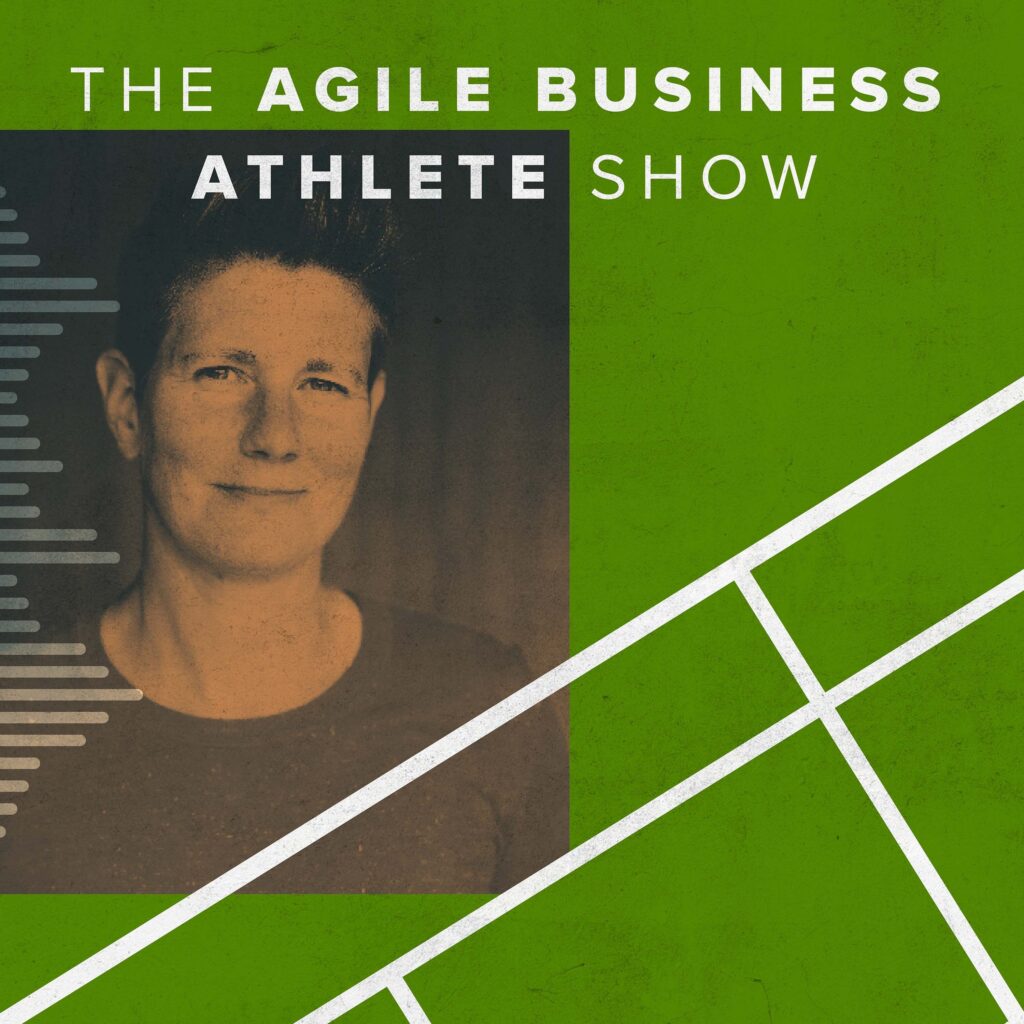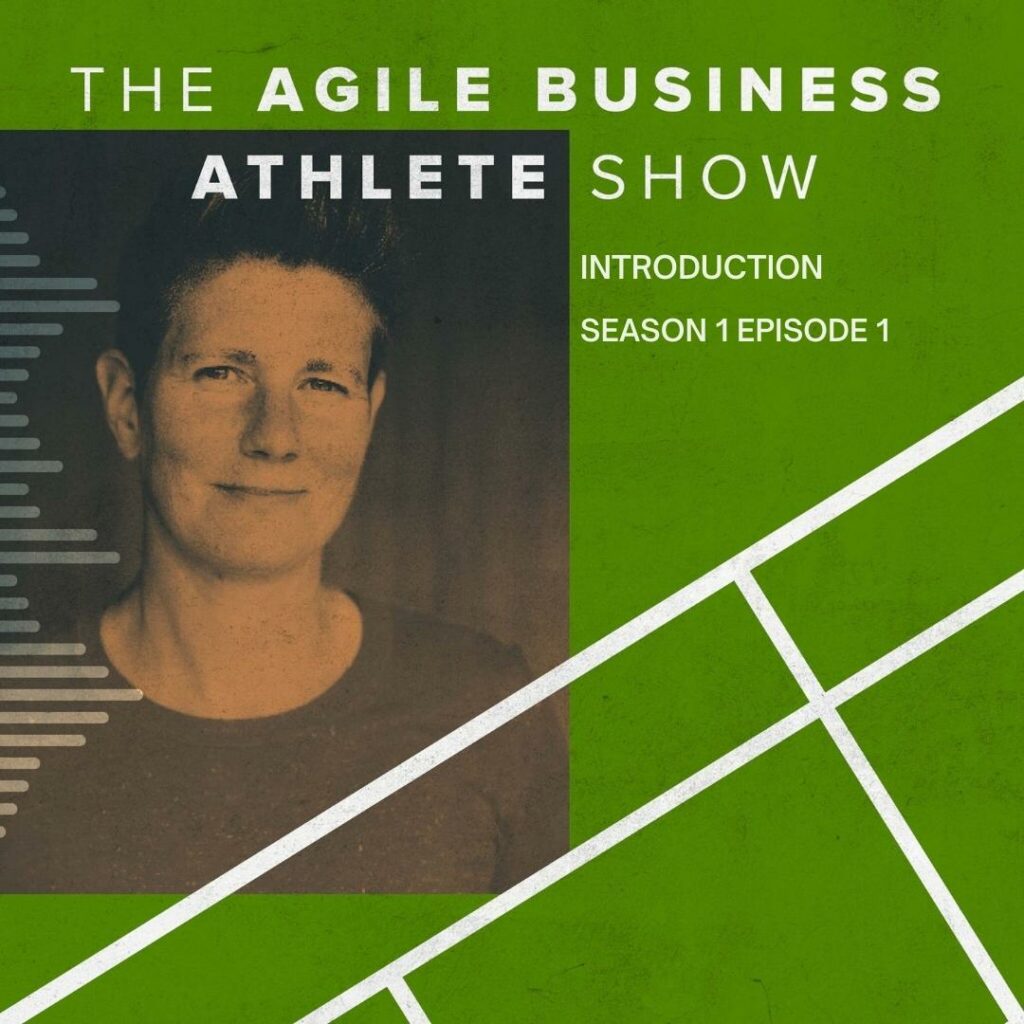Podcast: Play in new window | Download
This week we’re joined by guest Greg Potter PhD to talk about why we sleep and how to get more of it. In addition to holding a PhD in circadian rhythms, sleep nutrition, and metabolism, he also co-founded Resilient Nutrition in 2020.
Topics Discussed In This Sleep Focused Episode:
Greg Potter’s background, credentials, and areas of expertise.
Why sleep is important and what happens when we don’t get enough.
The types of predispositions that increase the risks associated with sleep deprivation.
How our mood regulation system is influenced by lack of sleep.
How caffeine influences the sleep cycle and what it’s dependent on.
How drinking alcohol before bed influences sleep.
What time-restricted and early time-restricted eating is and how to use it to schedule your food intake efficiently.
What the glymphatic system is and what it’s important for.
The fundamental practices for a better sleep.
The changes you can make to your habits during the day that will help you sleep better.
The major sources of sleep disruption and how to avoid them.
How the 15-minute rule can help you cultivate a better sleep pattern.
The role that nutrition plays in sleep along with the best biohacking tools.
Key Takeaways:
Sleep is instrumental to optimising our bodies for wakefulness and influences aspects of our biology such as brain function, mood, social functioning, and more.
When sleep is lacking, the amygdala, the part of the brain that regulates emotion, doesn’t communicate effectively with the frontal cortex, which is important for decision making.
There is a two-process model of sleep regulation which explains sleep as the interaction between two constituent processes, wake-promoting and sleep-promoting cycles.
You should stop consuming caffeine at least 8 hours before bedtime so your body has time to metabolise it. Consuming alcohol before bed can also disrupt regular sleep patterns.
Your protein intake should be distributed generously over the course of the day. This, combined with early time-restricted eating, can have a positive effect on body composition.
Large oscillations in the brain during deeper stages of sleep are important for clearing metabolic by-products accumulated in the body throughout the day.
One sleep best practice is to make your sleep environment like a cave: cold, dark, quiet. The temperature of your head and brain influences the quality and depth of your sleep.
Getting exposure to the sunlight and the outdoors early in the day for at least an hour promotes healthy sleep.
Resistance and endurance training promote a healthy sleep but should be done earlier in the day and avoided closer to bedtime.
People who suffer from insomnia come to associate being in bed with being awake over time. That said, they can learn to retrain their brain by avoiding daytime naps and using the bed for sex and sleep only.
There are certain nutrients that are important for sleep such as l-theanine, which promotes relaxation and can be found in some types of tea.
Action Steps For Better Sleep:
Here are the steps to promoting better sleep:
- Eliminate caffeine consumption eight hours before sleep.
- Reduce or eliminate the consumption of alcohol before sleep.
- Make sure your sleep environment is cold, dark, and quiet.
- Eliminate use of electronic devices like your phone an hour before bed.
- Get your sunlight exposure and exercise earlier in the day.
Greg said:
“The total amount of deep sleep people experience over time is going to have a strong bearing on their brain health and potentially their risk of different neurodegenerative diseases too. So practically, making sure you have a lifestyle that’s conducive to getting enough slow-wave sleep.”
“It’s very clear that both endurance training, and resistance training too, can enhance how quickly you fall asleep, how long you sleep, and the quality of your sleep too.”
Links To Things Mentioned In The Podcast:
Cherry Active: https://active-edge.co.uk/collections/cherryactive
Resilient Nutrition: https://resilientnutrition.com/
If you enjoy what you hear, don’t forget to leave a rating or a review and subscribe to us on your favourite podcast platform!


